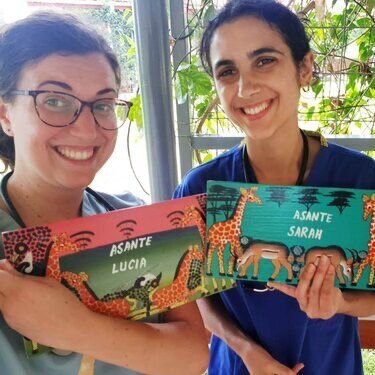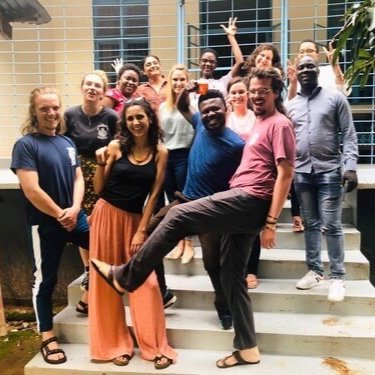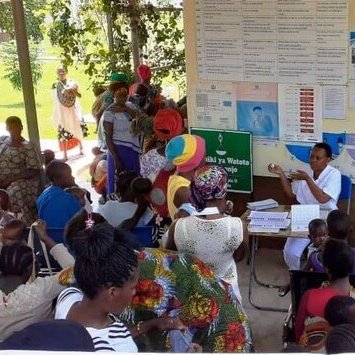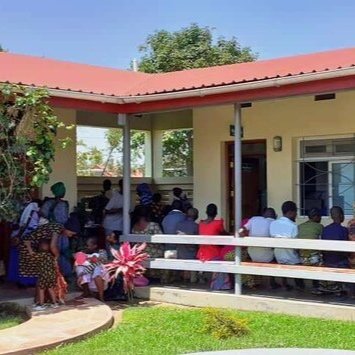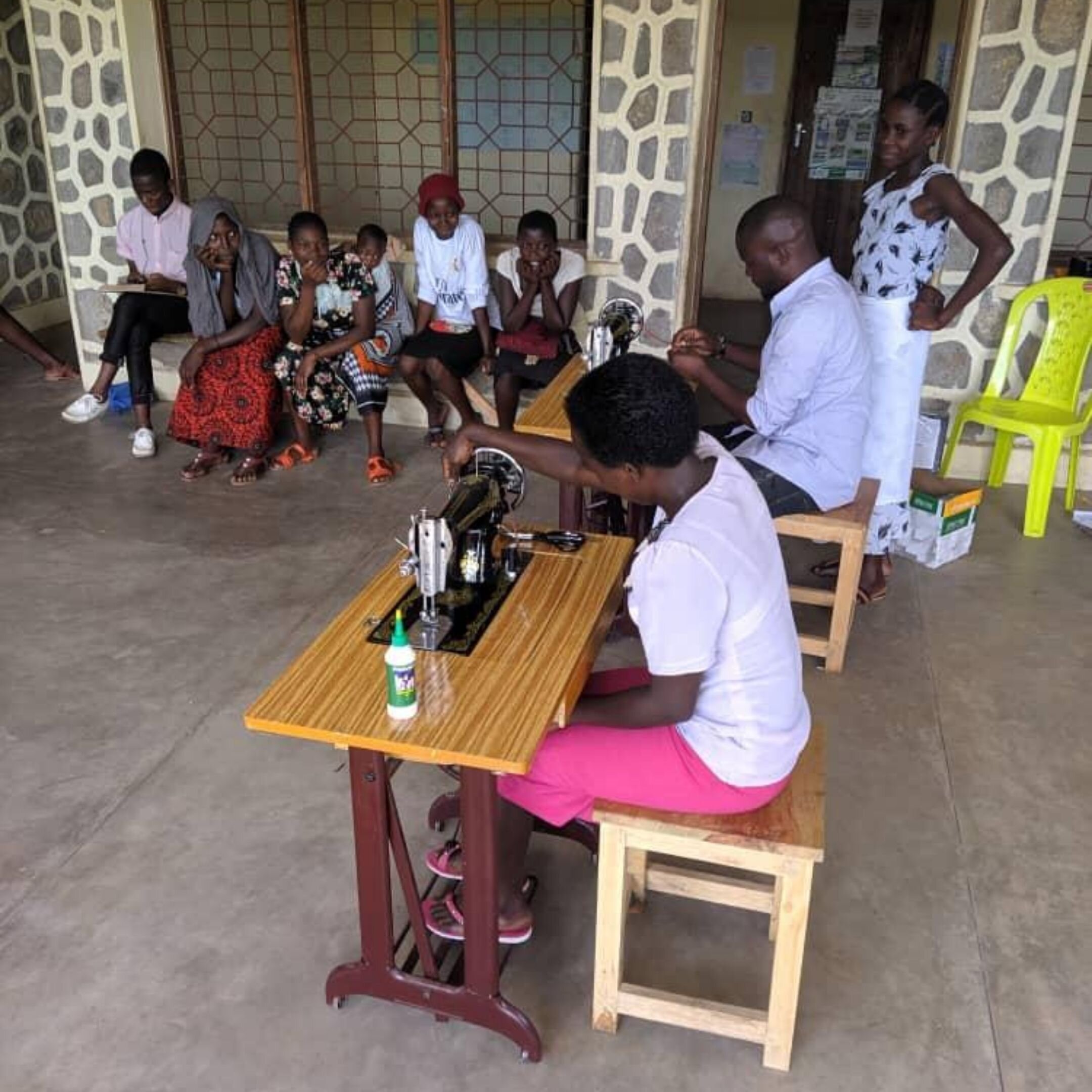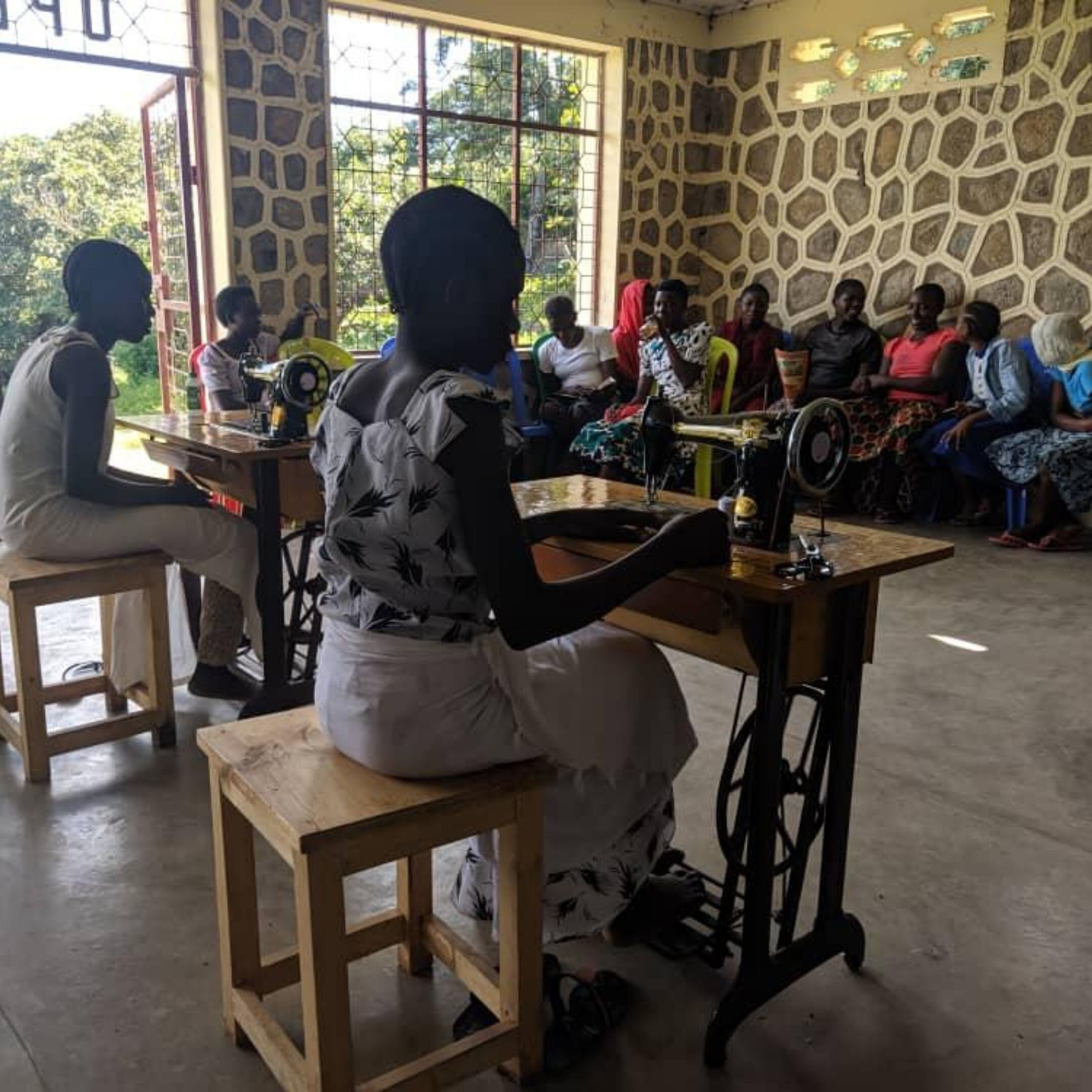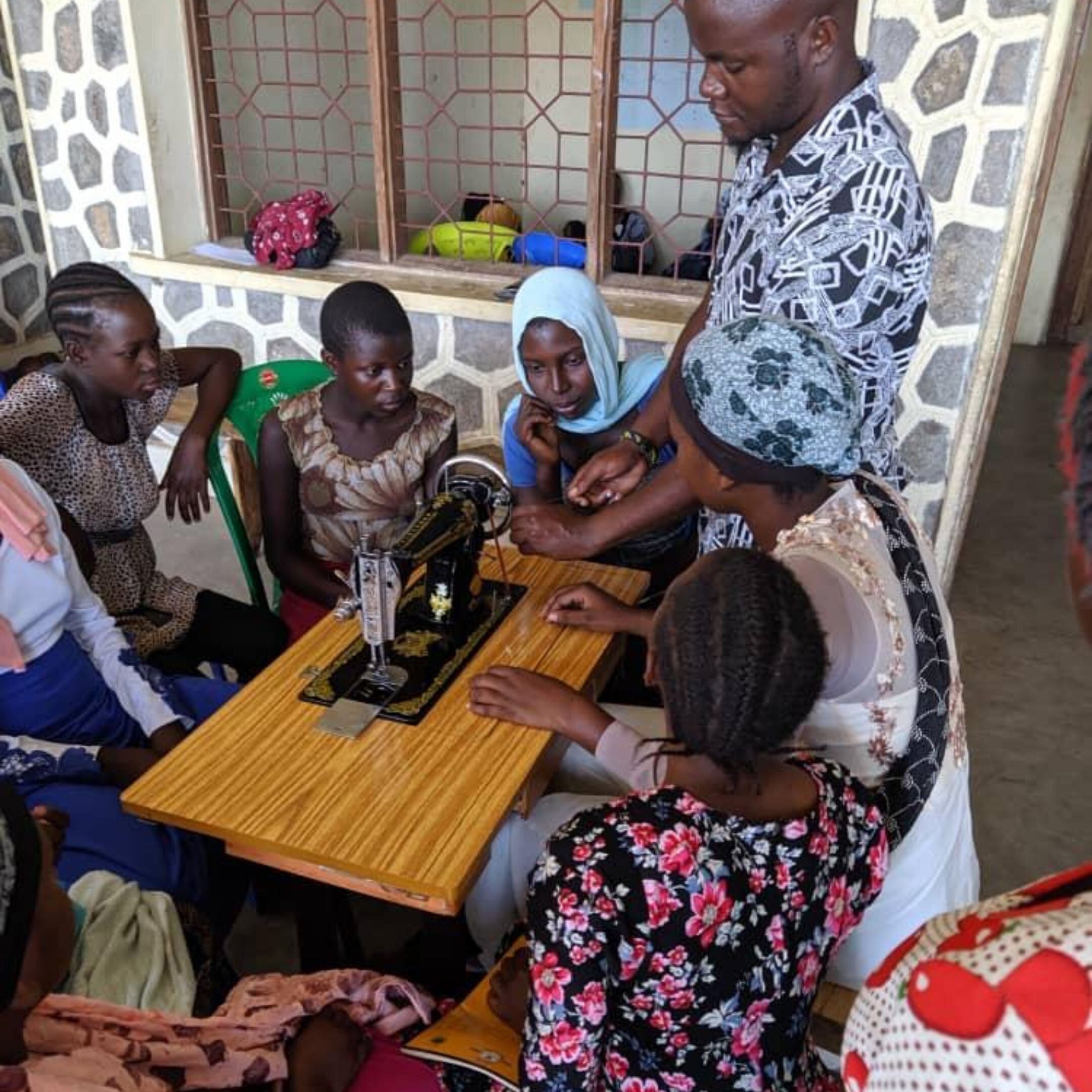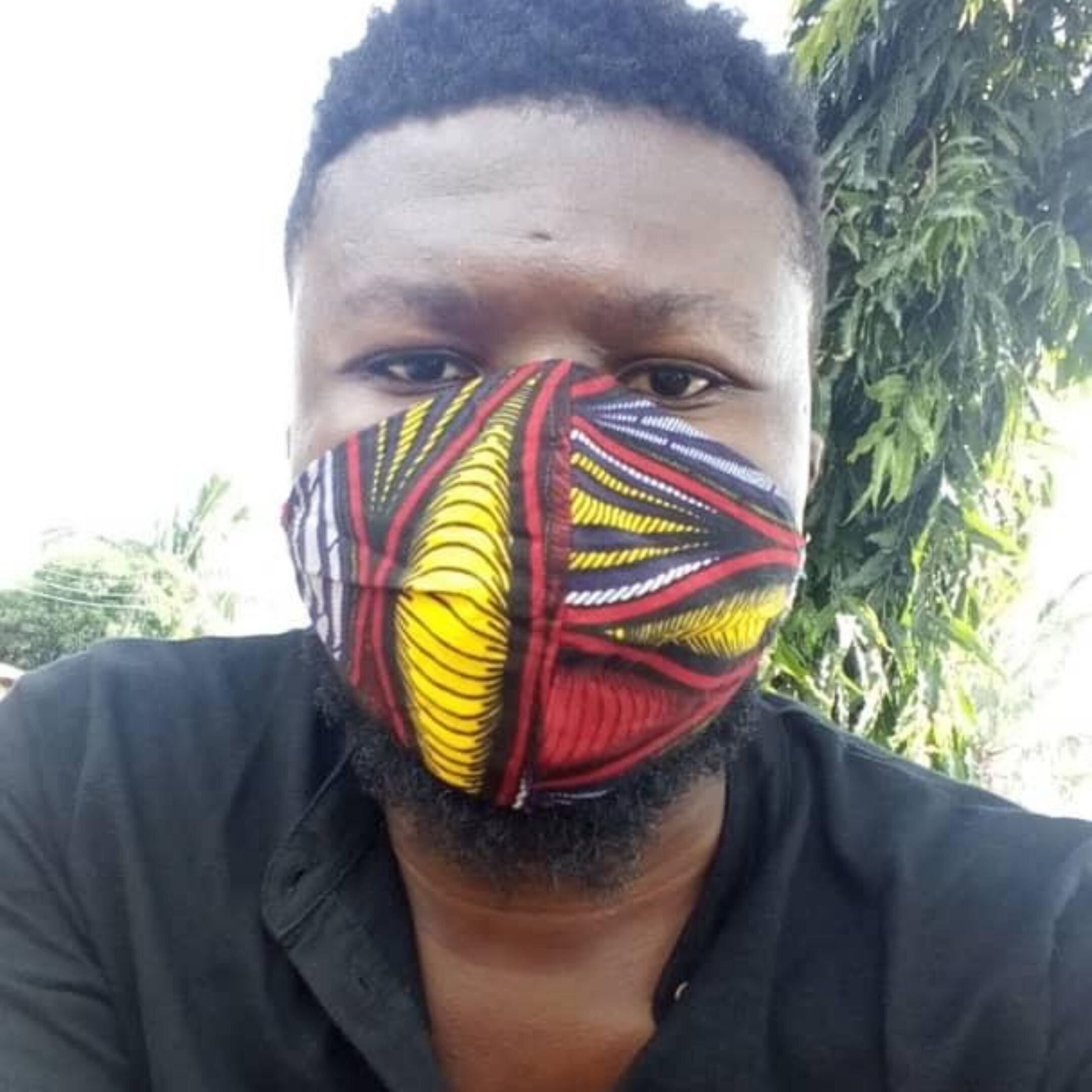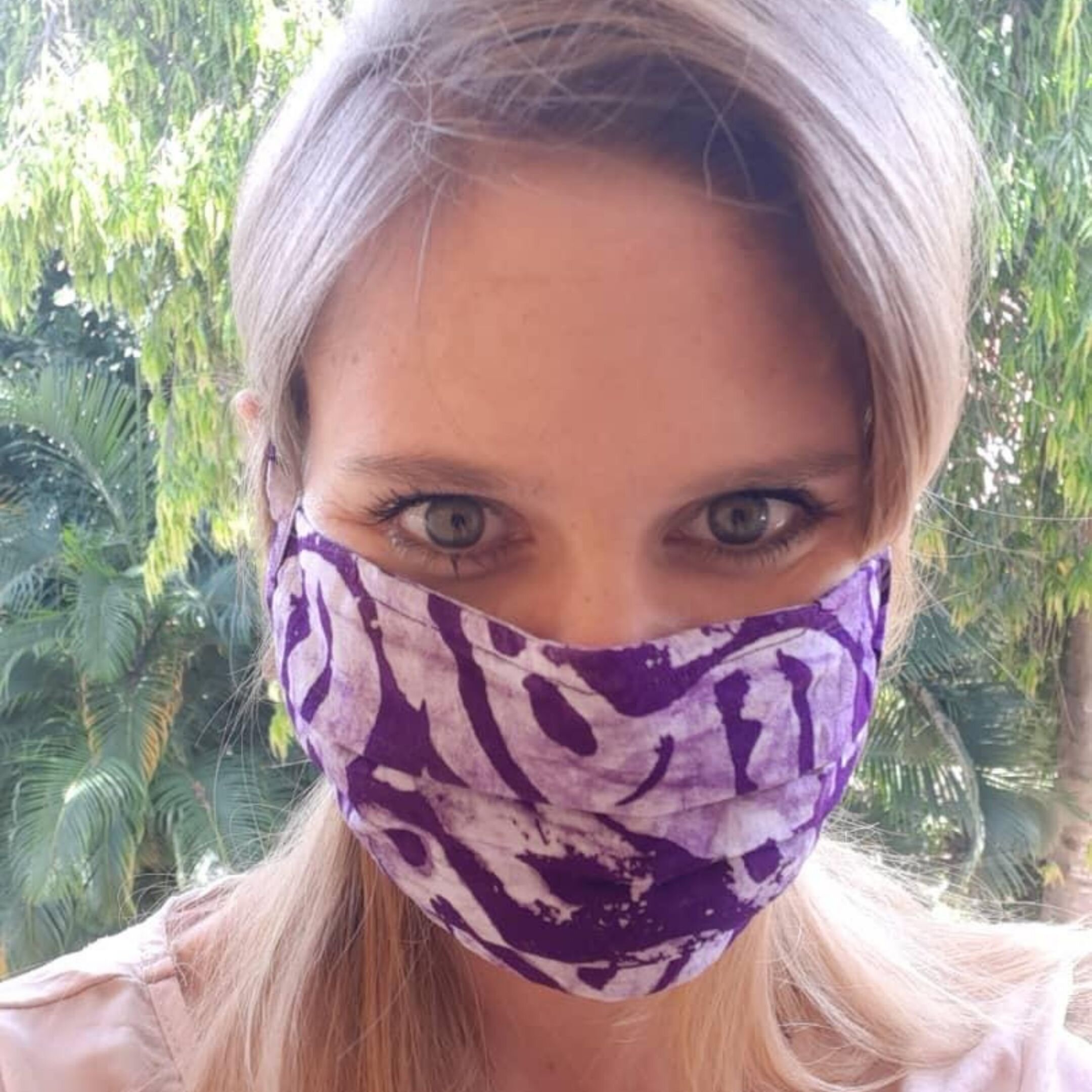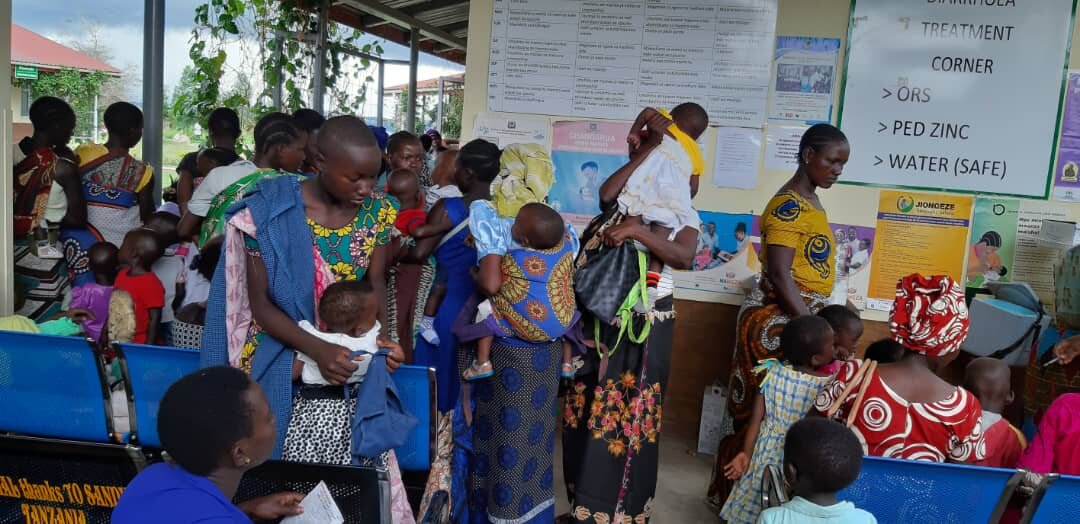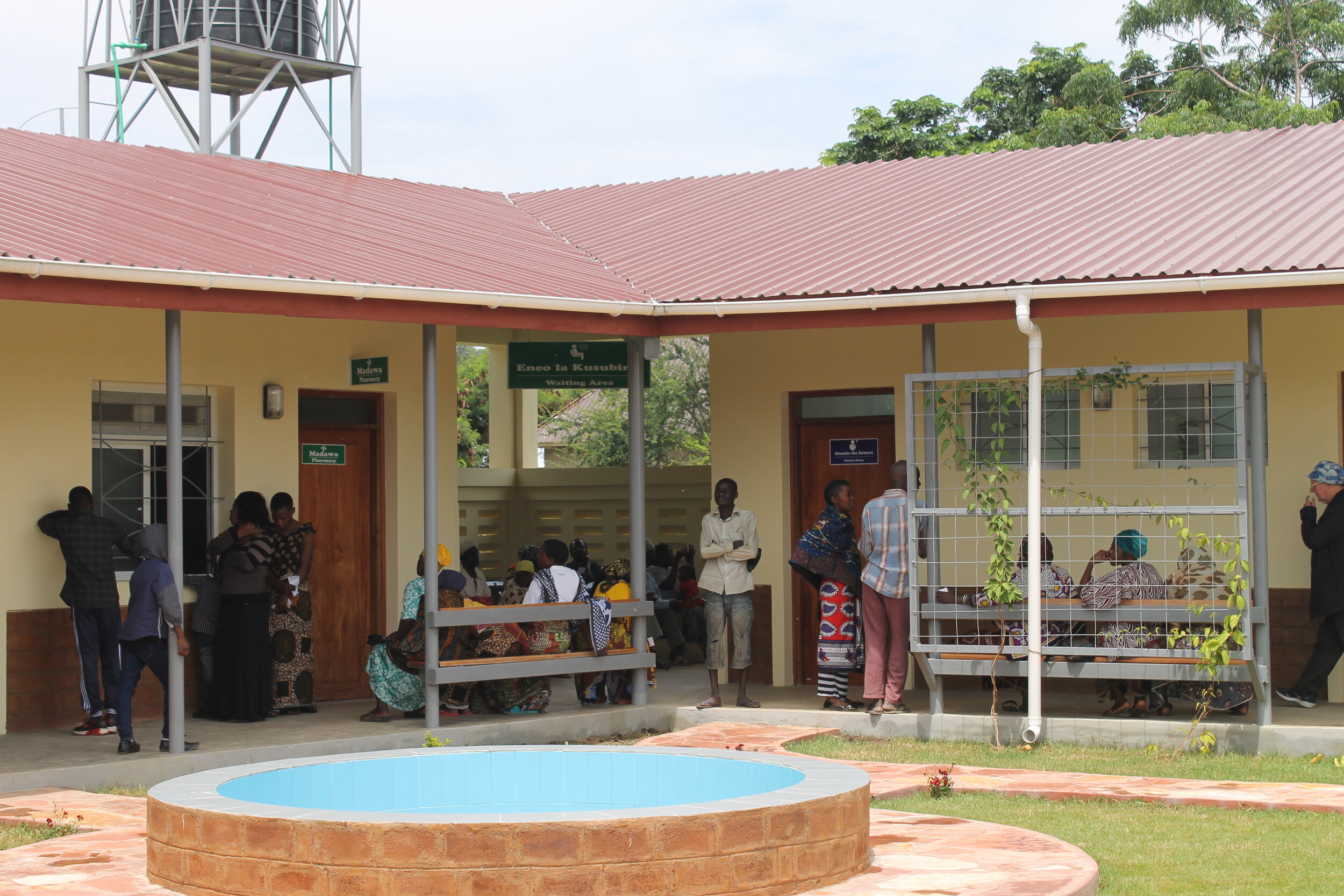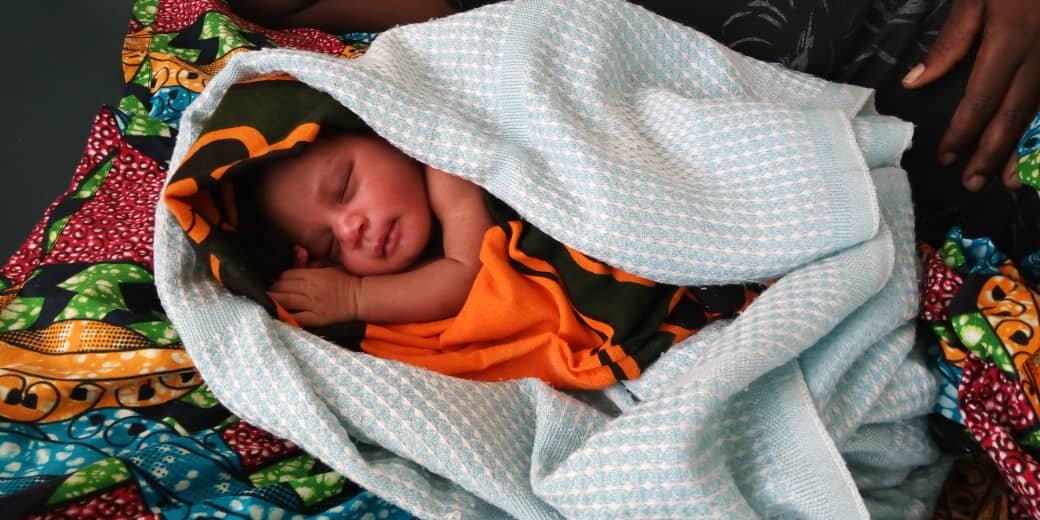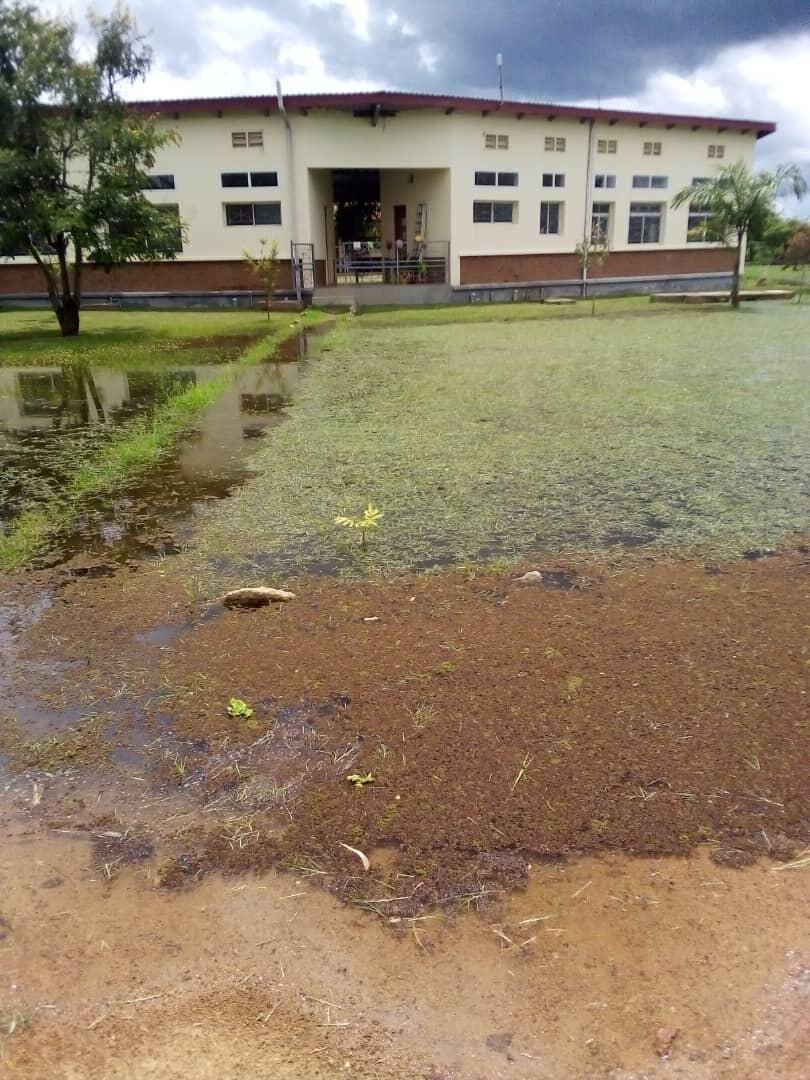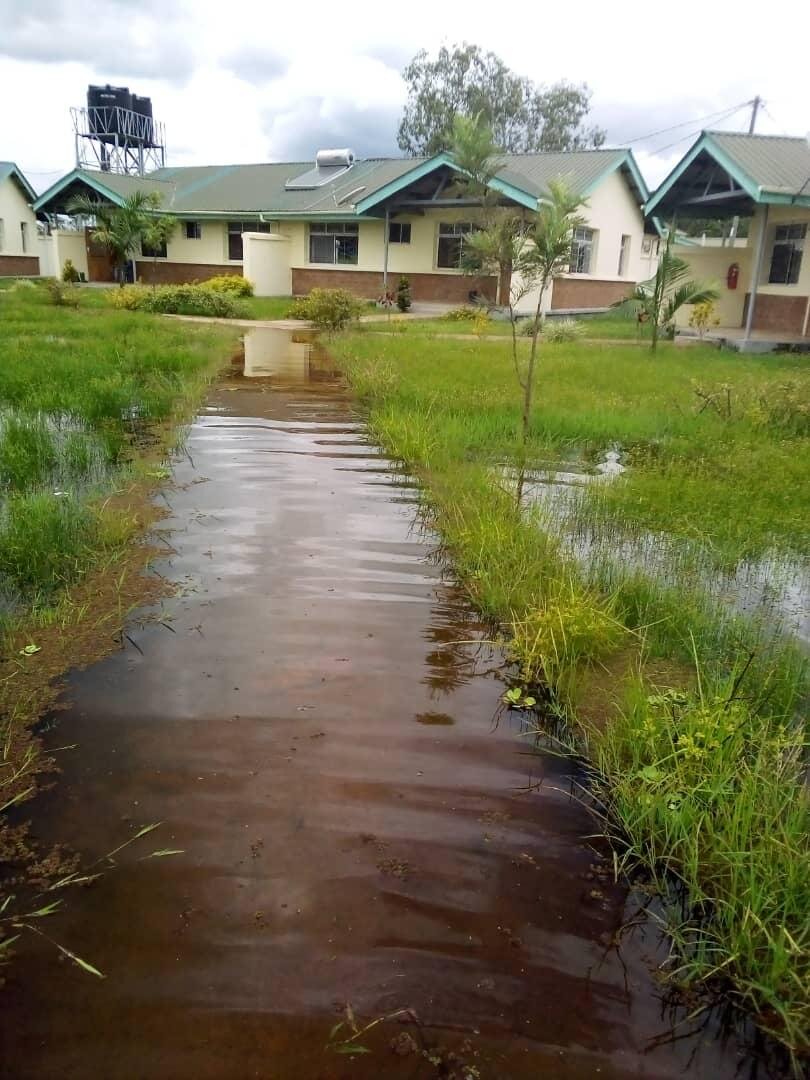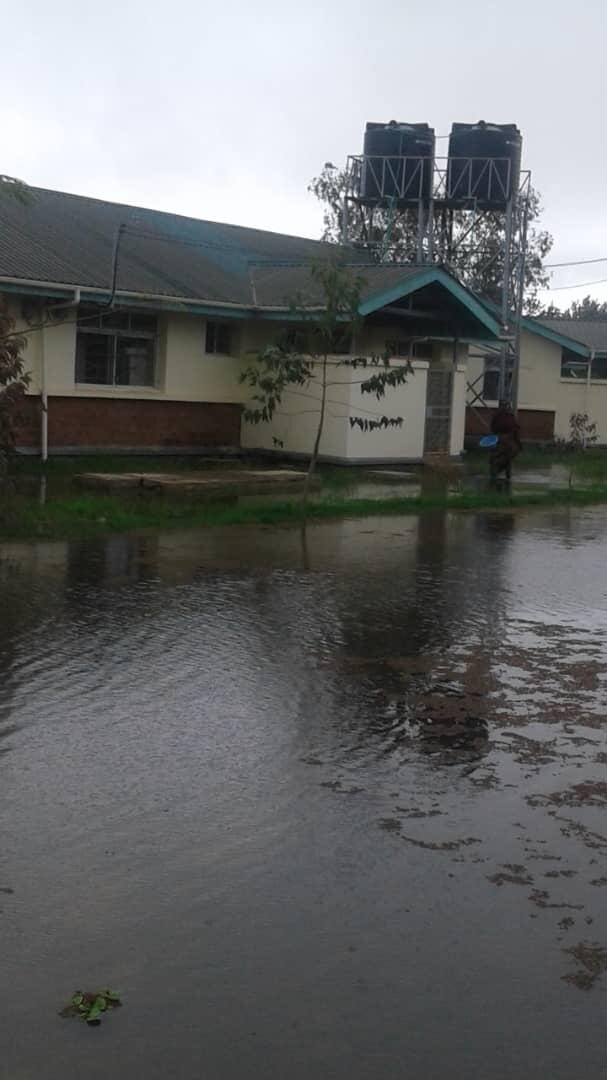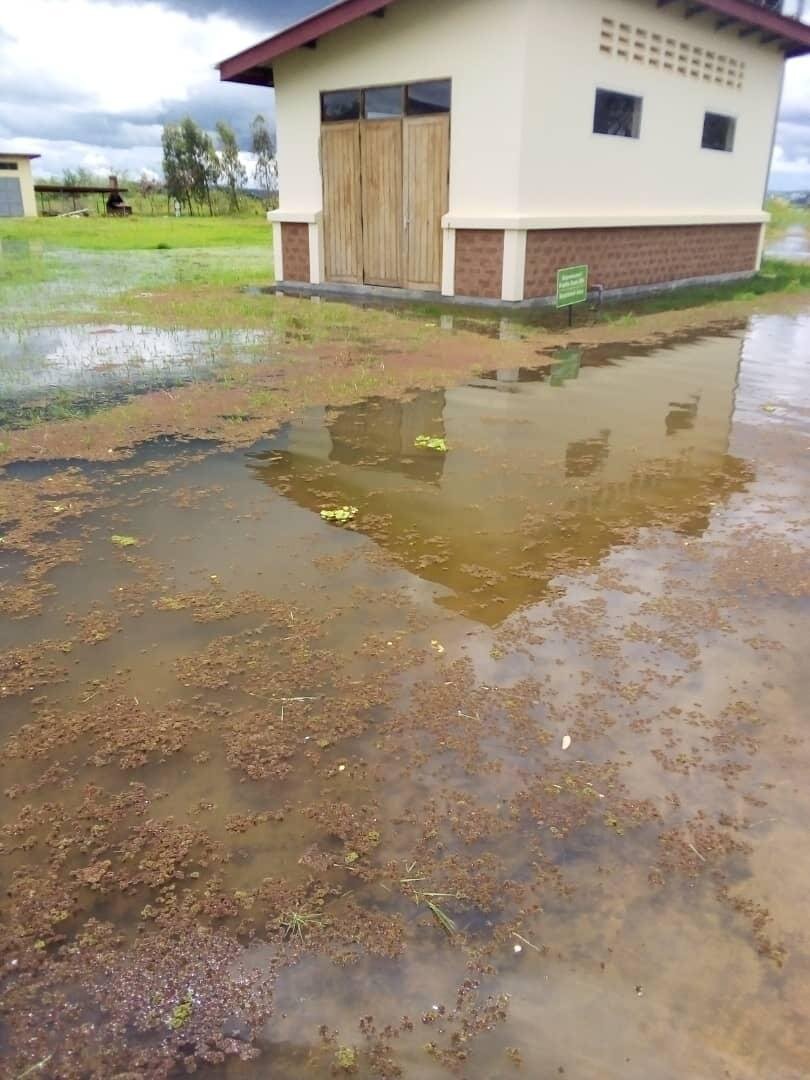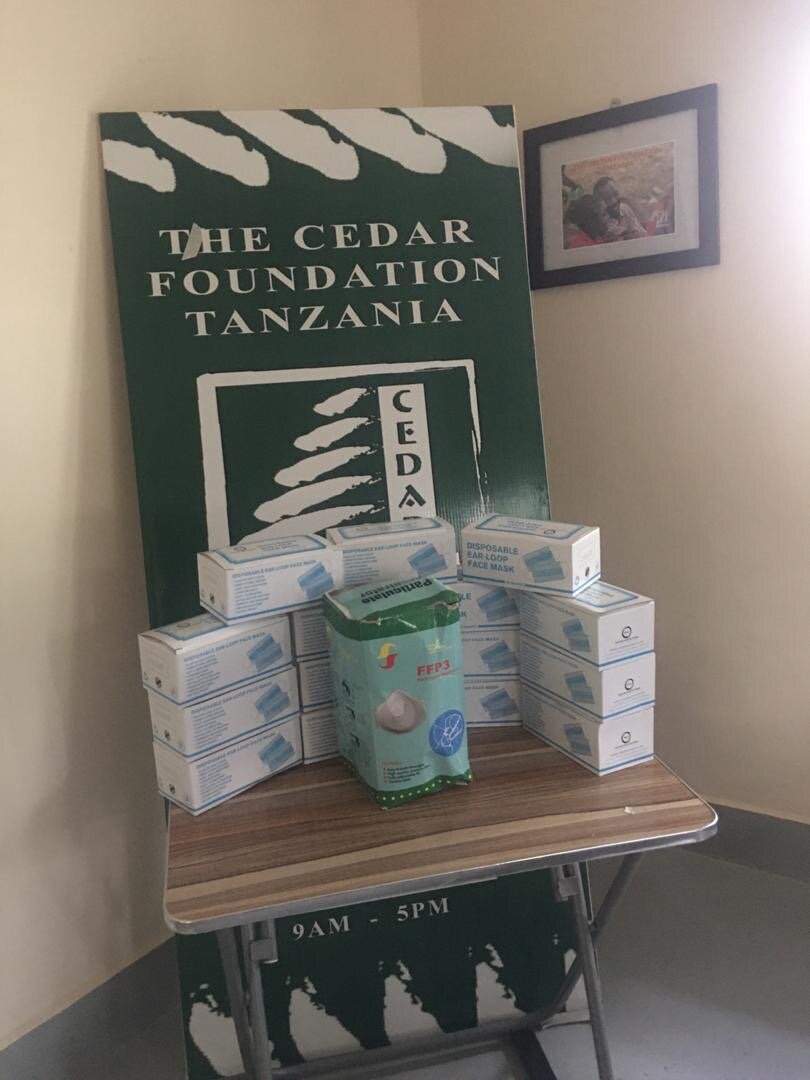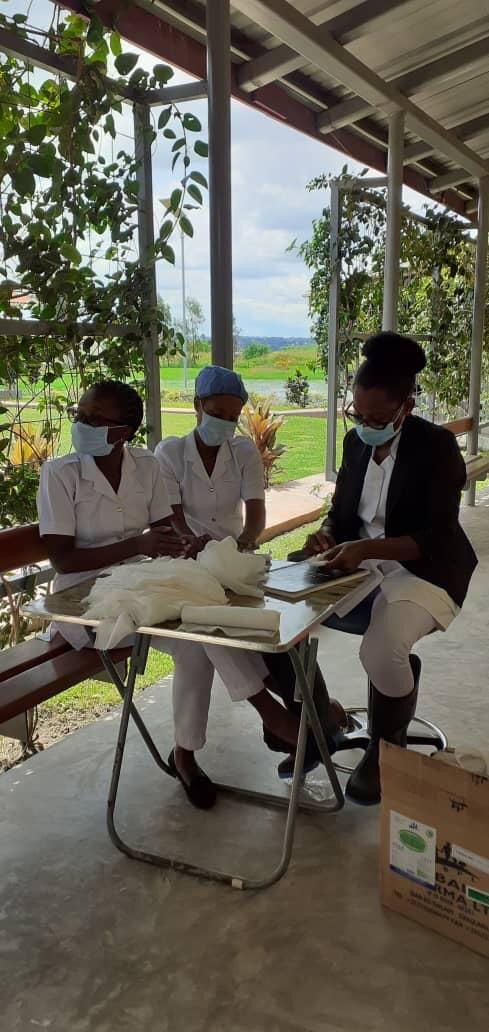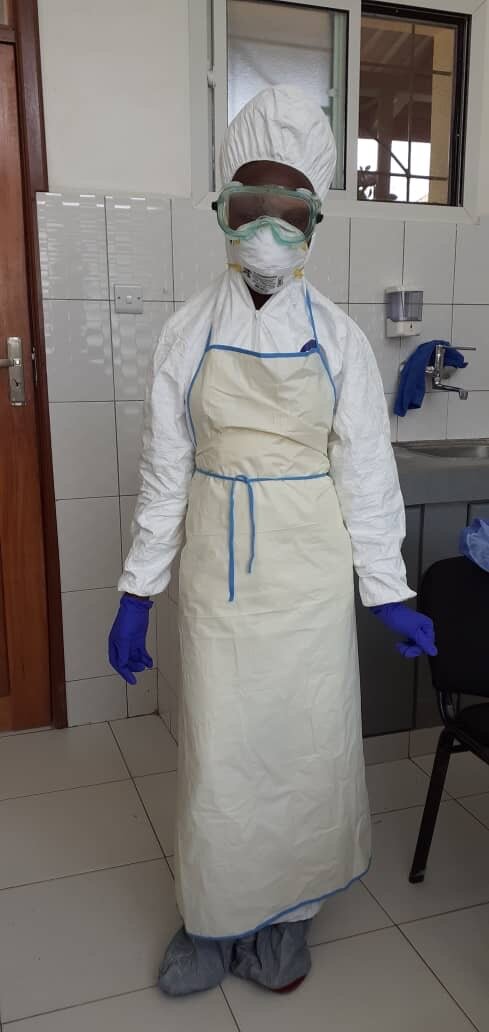Africa, and Tanzania specifically, is so far away. That can’t possible affect me, nor be my responsibility, right?
I agree, Tanzania is far away - more than 8,000km if you could fly directly - but poverty in Africa DOES affect you on daily basis, and it IS everyones responsibility. I’ll tell you why:
First of all, there are the humanitarian reasons.
Poverty is a human rights issue, and everyone deserves to have access to basic needs such as food, water, healthcare, and education. Poverty in Africa can lead to widespread suffering, and it is our moral obligation as global citizens to help those in need. Don’t you think?
Secondly, there are economic reasons.
Poverty in Africa has negative economic impacts not just for the continent but also for the global economy. Poverty leads to decreased productivity, increased healthcare costs, and decreased economic growth, which has a ripple effect throughout the world. We are seeing it now with inflation and recessions, and increased costs of living.
Poverty also affects political stability.
Poverty is a major contributor to political instability and conflict, which has serious consequences for both the continent and the world. By addressing poverty in Africa, we can help promote political stability and reduce the likelihood of conflict and instability.
Conflict and instability often leads to an increase in migration and in refugees.
Global health is another reason to want to minimise poverty in Africa.
Poverty can contribute to the spread of diseases such as malaria and tuberculosis, and recently we have all experienced how COVID affected us all.
Addressing poverty in Africa can help to improve public health outcomes both within Africa and globally.
Finally, climate change is connected to poverty alleviation.
Poverty also contributes to climate change and environmental degradation, which has serious consequences for the world. By addressing poverty in Africa and promoting sustainable development, we can help to mitigate the effects of climate change and promote a more sustainable future.
This is truly in everyone’s interests, right?
We can help you!
We give you a tangible and impactful way to make a positive and sustainable change for people living in severe poverty.
We offer you a pathway to create this change with minimal administrative layers between donation to beneficiary.
Thank YOU
Nina





